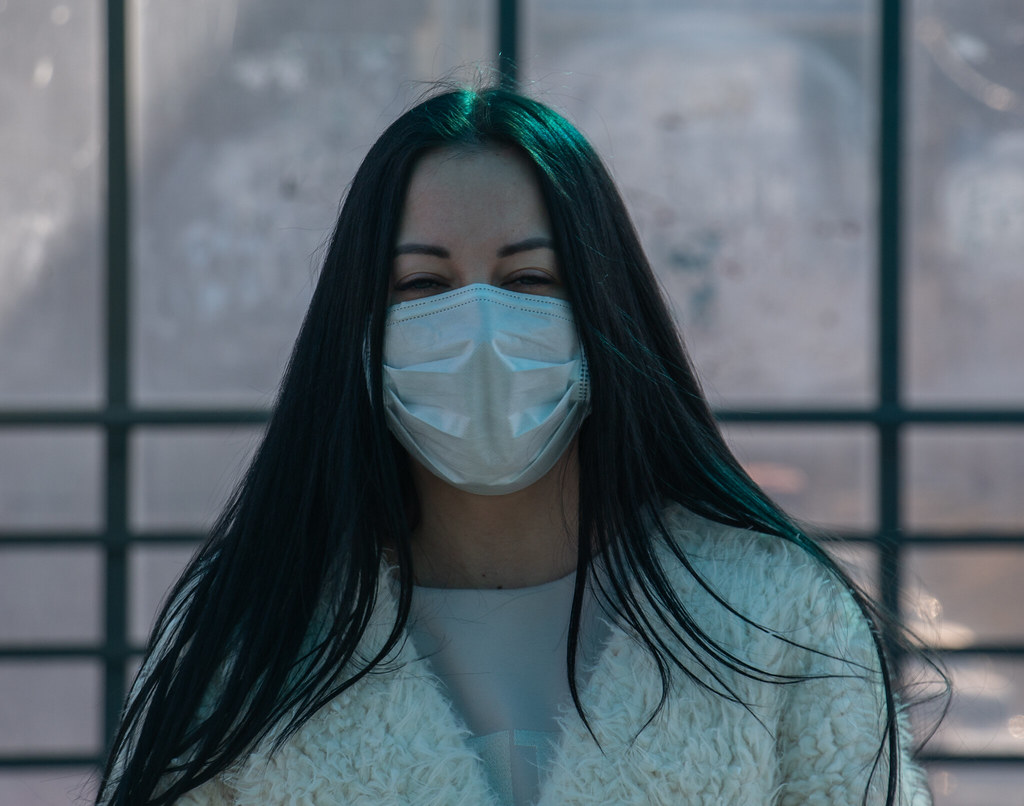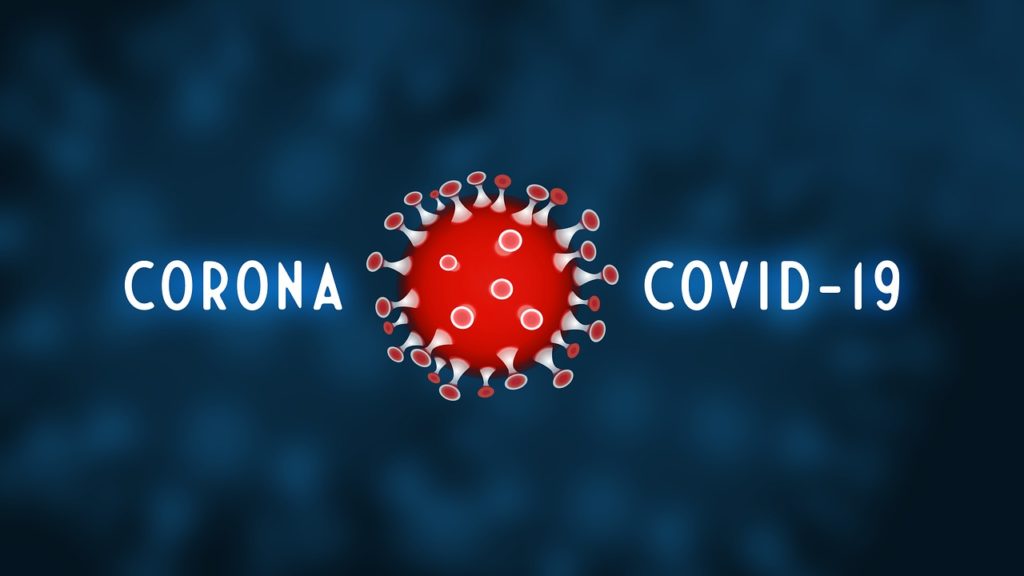What treatment options are available?
All countries have now deployed resources to find an effective treatment. Several therapeutic trials are currently underway and some existing drugs are promising avenues that are currently undergoing clinical trials.
– Chloroquine (Nivaquine®), an anti-malarial drug whose commercial name, in the form of hydroxychloroquine, is Plaquenil® (authorized to treat lupus, rheumatoid arthritis and, as a preventive measure, for sun allergies). The dose of 500 mg per day for 10 days (available by prescription only) would have suggested some efficacy. Still, pharmacovigilance centers are calling on the public and healthcare professionals not to use it against coronavirus because of its unknown benefits and proven risks. Only tests in a protocol framework such as a clinical trial are allowed. An electrocardiogram must precede them before starting treatment, then 3-4 hours later, and then twice a week (because of the major cardiac risks of hydroxychloroquine and chloroquine).
Caution: These products are not recommended in cases of heart disease, arrhythmia, diabetes, epilepsy, Parkinson’s disease, disorders of blood potassium (hypokalemia or hyperkalemia) or calcium levels, porphyria, pregnancy, or in combination with other drugs (citalopram, escitalopram, antidepressants, anxiolytics, and antiallergic medicines, domperidone…).
– The antiviral drug Remdesivir®, commonly used against the Ebola virus, may be effective.
– Kaletra® and its generics, an anti-HIV drug (an anti-retroviral) that combines 2 antiviral molecules (lopinavir and ritonavir) and is used for the treatment of HIV, used alone or in combination with interferon, would potentially be active on the COVID-19 virus as well. Like chloroquine and hydroxychloroquine, one should only use these drugs in hospital settings.
Other avenues are also being investigated and would involve several drugs such as Avigan® (a recognized treatment for influenza), antibody therapies derived from infected but cured patients…
Tests and clinical studies are currently underway to confirm the efficacy of these drugs against the COVID-19 virus.
Time is running out, and researchers are well aware of this and are doing their best to achieve a positive result.
Please note: you can visit the Government’s website for more information on the coronavirus epidemic.
Beware of anti-inflammatory drugs.

Taking anti-inflammatory drugs (ibuprofen, cortisone …) could be a factor in aggravating the infection.
Indeed, cases of young patients in a serious condition after taking non-steroidal anti-inflammatory drugs (NSAIDs) have been identified. This is probably related to a decrease in immune defences caused by these drugs.
Therefore, the only suitable treatment for pain and fever would be paracetamol. But it is necessary not to exceed the maximum daily doses: 60 mg/kg/day with a maximum of 3 g per day. Especially since paracetamol also has an anti-inflammatory action and is therefore no more advisable than NSAIDs.
Necessary: people suffering from chronic illnesses and who have to follow an indispensable NSAID or cortisone treatment should not stop these drugs; in case of doubt, you should contact a doctor.
In this regard, the National Agency for Food, Environmental, and Occupational Health Safety warns against the consumption of certain food supplements containing plants containing salicylic acid derivatives (aspirin analogs):
– willow;
– meadowsweet;
– birch;
– poplar;
– goldenrod;
– the polygalas.
And also plants containing other plant anti-inflammatory drugs:
– the harpagophytum;
– Echinacea;
– turmeric;
– liquorice;
– cat’s claw (also called Peruvian liana);
– plants of the genera Boswellia and Commiphora (known for their gum-oleoresins called “incense” and “myrrh”).
The National Agency for Food, Environmental, and Occupational Health Safety therefore recommends:
– to the persons consuming these food supplements in a preventive purpose to suspend their consumption if the first symptoms of Covid-19 occur;
– to people consuming these food supplements in a context of chronic inflammatory pathologies to discuss imperatively with their doctor about the relevance of continuing or not their consumption.
Vaccines against COVID-19
Several vaccines have been developed since the emergence of the pandemic. Two are currently available: the vaccine from Pfizer and BioNTech and the vaccine from Moderna, which received the green light from the European Medicines Agency (EMA) and, on Friday, January 8, 2021, from the French High Authority for Health.


